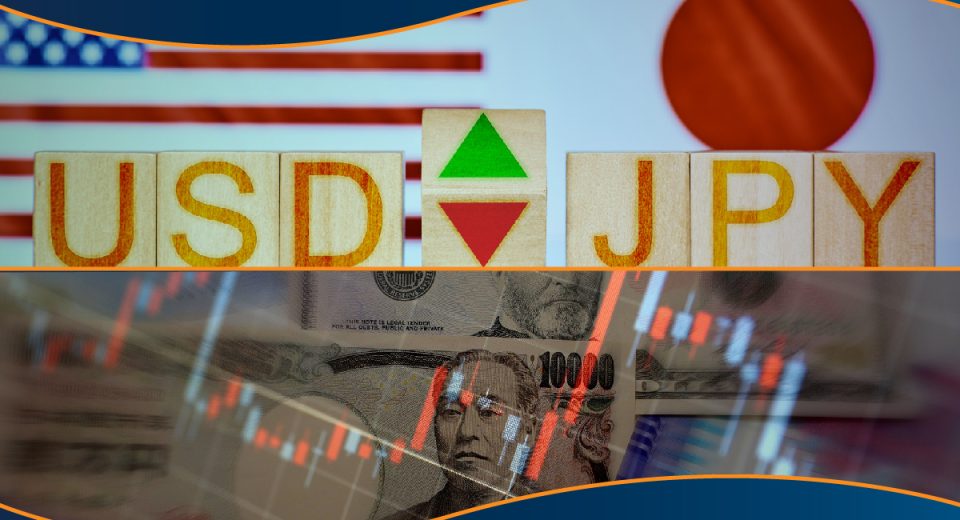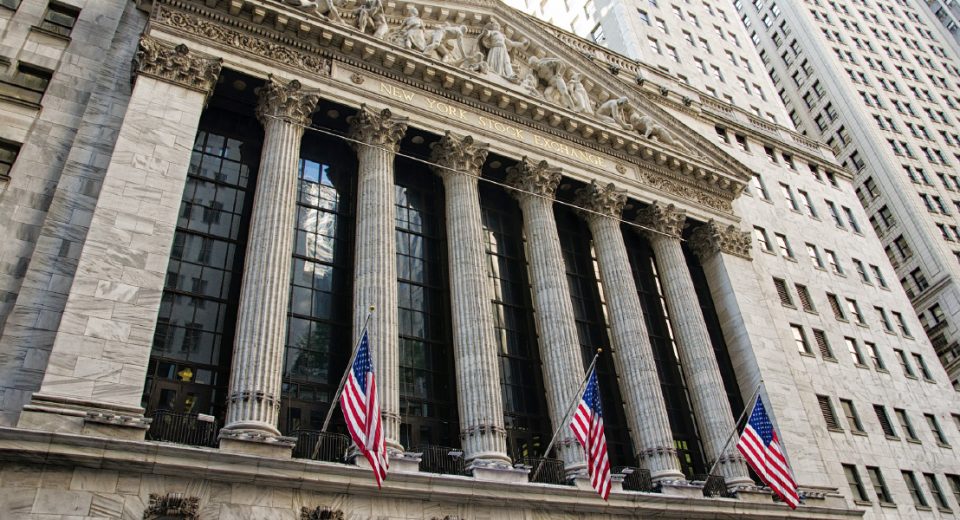5 Forex Trading Myths Every Trader Should Know

Trading myths can pique interest in the currency markets. The problems is that they can also lead to poor trading decisions and unreasonable goals. So, with this in mind, here are some trading myths every trader should be aware of, before entering the markets.
Myth #1: All Forex Traders Get Rich
This is completely untrue. Many traders enter the forex markets in search of an additional source of income, and many trade after retirement to earn some extra money. But regardless of motivation, only a small percentage actually bring in the cash. And many quit within the first two years.
Long term success is possible in the forex markets but it needs hard work and continuous learning. Market volatility, combined with leverage, makes it a risky venture, where one wrong move could wipe out your trading account. This is why experts constantly stress the important of risk management tools. Major regulatory bodies are also becoming more stringent to protect trader interests. Not only that, they are also pushing brokers and other intermediaries to be more transparent and honest about risky instruments and expected losses.
The bottom line is that like any other profession in this world, the idea of “getting rich overnight” is far-fetched.
Myth #2: Institutional Traders Hamper Trading Activities for Retail Traders
In 2017, institutional traders accounted for 94.5% of all forex trading volumes. With increased deregulation, retail trading has been increasing over the years. Hedge funds, banks and other large financial institutions, with massive capital at their disposal and teams of highly experienced traders and analysts, contribute majorly to forex trading. These firms are under immense pressure to deploy their clients’ capital and do not focus on the retail market.
Most asset management firms have investment mandates to think of. So, there’s no time for deliberate manipulation of the retail side of the business. Of course, there are times when trades entered by institutional traders can affect market prices, but the sheer liquidity of the global forex space is too high for any long-term consequence. Forex prices are driven more by investor sentiment and economic developments, rather than institutional traders.
Myth #3: The Forex Markets are Rigged
One cannot deny the presence of brokerage firms and agencies with malintent. They too want to get rich overnight. But the markets cannot be fixed, and the same holds true for the act of trading in real time. In today’s world, making a profit has become difficult for both brokers and traders, especially with increased scrutiny from regulatory bodies.
Despite the bad apples, a large number of licensed and reliable brokers are offering their services. There is also greater awareness regarding the ways in which people could be defrauded by unscrupulous brokers.
Currency prices are governed by macro-economic factors and widespread market sentiment. As stated earlier, the currency market’s sheer size makes it difficult for even brokers to manipulate prices.
Myth #4: Forex Prices Move Randomly
Of course, traders do struggle with predicting future market moves. Prices always seem to move almost randomly for those who are still to master analytic skills. However, expert traders and analysts maintain that the financial markets, including forex, clearly show definite patterns, most of the time. For example:
- Volatility usually increases after the release of important news or economic indicators.
- This price fluctuation could continue for 2-3 days after the announcements, after which prices tend to revert to their fundamental values.
- Volatility shrinks a great deal when the market anticipates a news release.
However, the fact that the markets do not act randomly doesn’t mean that traders can always use this to their advantage. But, the notion that price movements are random is not correct either. Such ideas lead to assumptions that trading is just like gambling.
Myth #5: Expert Stock Traders Make Good Currency Traders Too
Each financial market trades differently, which is why institutions have separate teams to manage investments in each type of market. The forex markets react to news in a different way and tend to be more volatile than the stock market. This price volatility means that stock traders have to take a different approach to making decisions and executing trades. In forex, one is essentially trading one currency for another, which is not how stocks are traded. Hence, the focus is narrower in forex, compared to stocks. There are 8 to 9 major currency pairs that traders tend to be more interested in, while stocks are plentiful.
Traders who think that forex is only for short-term trading and stocks are for long-term are mistaken too. The presence of leverage can make strategies like scalping profitable, but there are plenty of traders who benefit from long-term forex strategies as well. So, stock trader or not, forex trading requires knowledge and dedication to succeed.
To succeed in any financial market, one needs a logical and well-researched approach. This includes knowledge about the market, brokers, platforms and trading strategies. Many people consider their forex trading accounts to serve as ATMs, for making lavish purchases, without realising that trading actually utilises your capital to generate any potential profit. The markets can go downhill really quickly, despite previous indicators signalling otherwise. And, myths and superstitions only create room for errors and subsequent losses.







